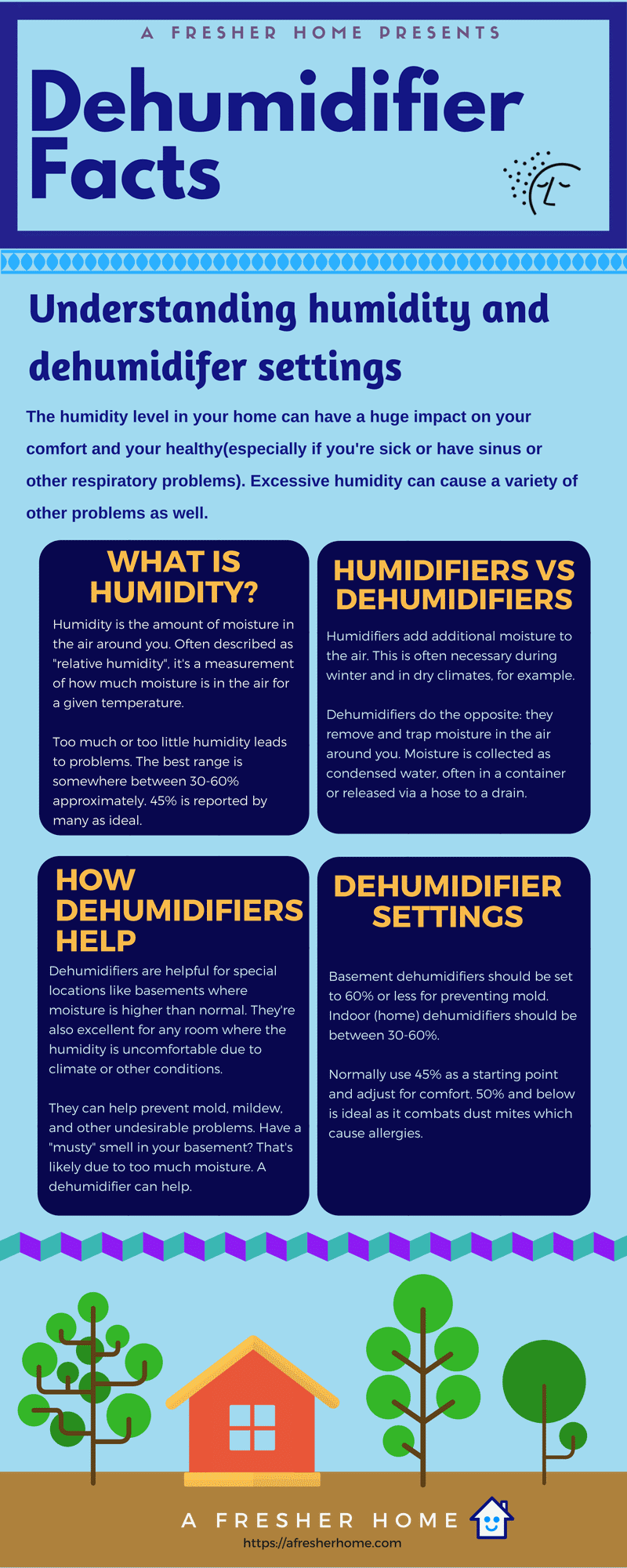Winter may require lower than relative humidity to avoid condensation on your windows. There must be a balance of humidity in your home to make it a comfortable place and preserve your interior as well as you heating and air conditioning systems. During summer months, homes should have between and percent humidity. During the winter, humidity levels should be kept between and percent humidity. In the summer , your home’s humidity level should be between –. If humidity levels are below that range, you’ll run into health issues like dry skin, and.
If it’s difficult to sustain comfortable temperatures in your home, whether if it feels too dry in the winter months or too hot and sticky during the summer , learn the many benefits of maintaining optimal indoor humidity from season to season. Summer Ideally, the humidity level in your home or business should be higher than but no lower than during the summer , according to the U. You can start reducing the humidity level in your home or workplace by turning up the air conditioning. What should the range of humidity levels be for the summer and winter months, and should there be a difference between the humidity levels according to the seasons.
Is a higher indoor humidity level perferable in the summer ? I keep my indoor humidity levels around year round. I live in Washington DC and its hot and humid during the summers. So people often add or remove humidifiers or dehumidifiers, in order to maintain the right humidity levels.
But these actions should be dependent on local temperature and climate. If the area you are living in has a humid climate, the humidity could be a problem during summer months. Utilize a humidifier in winter months when air is naturally drier, and a dehumidifier in the summer when air naturally carries more moisture. The Center for Disease Control and Prevention (CDC) says that humidity should be kept at or less to prevent the growth of mold.
High humidity indoors can be the cause of many issues. Low humidity or lack of moisture means the air in your house will be dry. Should I get a humidifier to increase humidity in the home? It is very comfortable even at humidity.
Many people ask me what the proper humidity level in their home should be. Seasonal humidity can affect indoor home comfort, so managing the humidity in your home during all seasons can make the time you spend there much more enjoyable. People often describe summer to be heavy, sticky, and muggy, while winter air can feel dry, crisp, and bitter. With the thermostat set at degrees in the summer and degrees in the winter the relative humidity runs between and with an outside.
Measuring indoor humidity is easy with a hygrometer. This small, handheld instrument displays the relative humidity in the room. Indoor humidity levels should be kept at percent or lower. Keeping humidity down helps to keep mold and spores at bay, and helps to cool the home.
If the humidity is too low, it can cause problems like dry skin and static electricity. What is the proper level of humidity for a house in the winter? The furnace is natural gas.
The humidity in your house is something you do need to control. If it gets too high, it helps molds and bacteria to grow in your home, something that could affect the health of your family. Measure humidity with a hygrometer and in the summer make sure that it stays around percent. DFW tends to run a bit drier than Houston, but we have our share of high dew point days as well.
When talking about humidity , we would always associate it with the temperature may it be outside or inside our house. Although this is the case, we need to be reminded that it is still humidity that takes a toll on whenever it the heat we are feel. High indoor humidity can adversely affect your home, health and energy costs. As most people know, high moisture content translates to high humidity.
The more humid the air is, the more heat it can hold. With summer heat in the Mid-Atlantic region comes humidity. We recently had a new AC unit installed in our house.

Even worse, humidity in your house can cause serious health hazards. The increased moisture in the air can lead to mold and rot on surfaces that pose significant health risks. Humidity can be damaging to both health and buildings. Q: I am not sure how humid the air should be inside my house in winter and summer.
What is a target humidity level and what is the best and most efficient way to maintain it? Reducing indoor humidity is important and can be beneficial for numerous reasons. Even in the summer the humidity in your home can be too low.

Cranking the AC or using a dehumidifier to battle the sweltering heat outside may lead to dry skin, irritated sinuses and throat, and itchy eyes. Reduce high humidity levels in your home, breathe more easily. You expect some relief from your cooling system, but too much indoor humidity can negatively affect your comfort levels. Maintaining optimum moisture levels in the house can be tricky, but a bit of understanding may help you in adjusting your AC settings. High energy bills – HVAC equipment has to work harder to compensate for high humidity , so it consumes more energy and utility bills climb as a result.
How can I reduce humidity inside my home over the summer ? So, what should indoor humidity be? The ideal humidity level inside your house is between and. Is my house to dry or too humid and what should I do about it?
Well, generally speaking, your home should be between and humidity , with being the most comfortable for the average person.
No comments:
Post a Comment
Note: Only a member of this blog may post a comment.